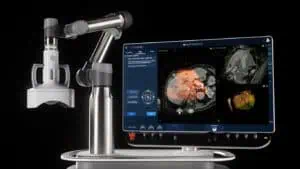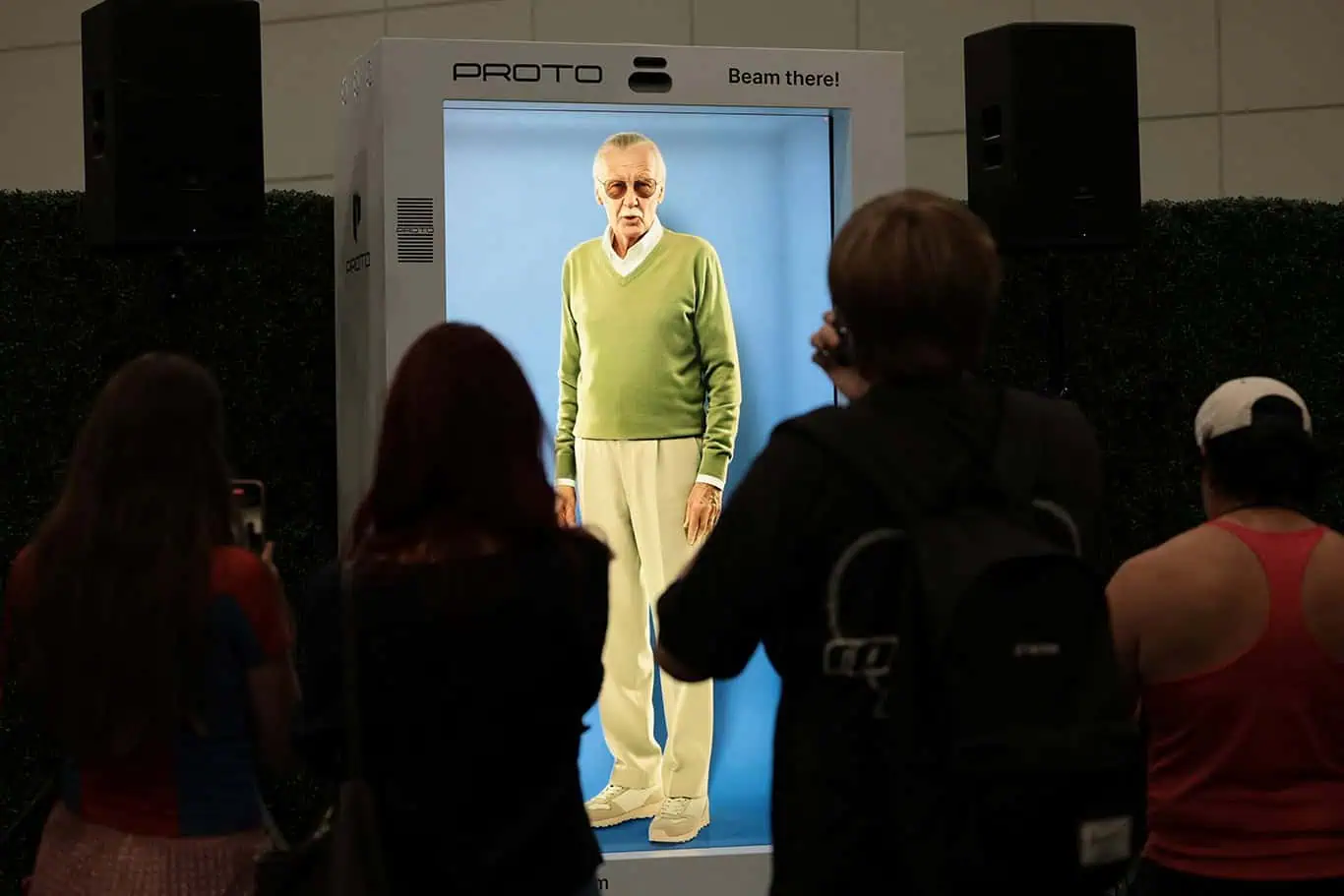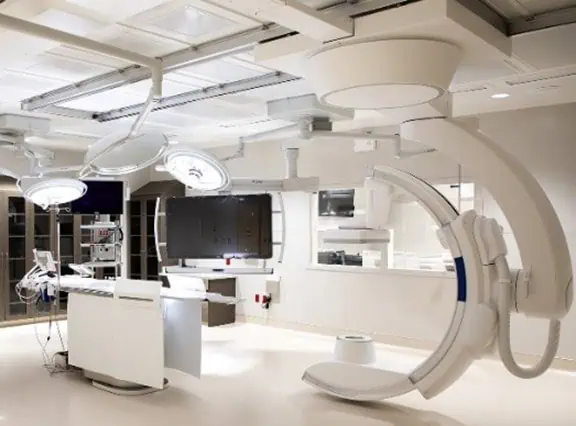
Staff Reports | Science & Technology
Abrazo Arrowhead Campus is transforming neurological care for critically ill patients with the adoption of the Ceribell System, an electroencephalography device powered by artificial intelligence that enables doctors to quickly find and diagnose non-convulsive seizures.
“Non-convulsive seizures are a big challenge in acute care,” says Dr. Laxmi Dhakal, medical director of Neurology, Abrazo Arrowhead Campus.
“This type of seizure often occurs without obvious signs or symptoms, making them difficult to detect and often delaying treatment. Like convulsive seizures, without prompt management and anti-seizure medication, the situation can rapidly become more difficult to manage, and potentially lead to cognitive morbidity and mortality.”
Non-convulsive seizures are prevalent in patients with conditions such as brain injuries, cardiac arrest and/or stroke, and like strokes, ‘time is brain’ for seizures — prompt diagnosis and intervention are critical as treatment efficacy declines with every hour of delay.
“This brings cutting-edge brain diagnostic technology into our diagnostic toolkit and allows us to use AI to save valuable time and change how we assess and treat our critically ill neurology patients,” explained Dr. Sushant Kale, Neurointerventionist and market medical director for stroke and interventional neurology, Abrazo Health.
How does it work?
“When or if a patient is clinically suspected of having a non-convulsive seizure, doctors apply a Ceribell headband to the patient’s head at bedside and then the AI can detect suspected seizures right away with very high clinical accuracy,” Dr. Kale said.
“At Abrazo Arrowhead, we are committed to advancing healthcare through this type of innovative technology as we continue to deliver the highest quality care to our patients in the West Valley,” says Stephen Gardner, CEO, Abrazo Arrowhead Campus.




























